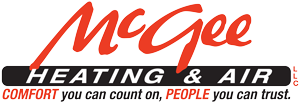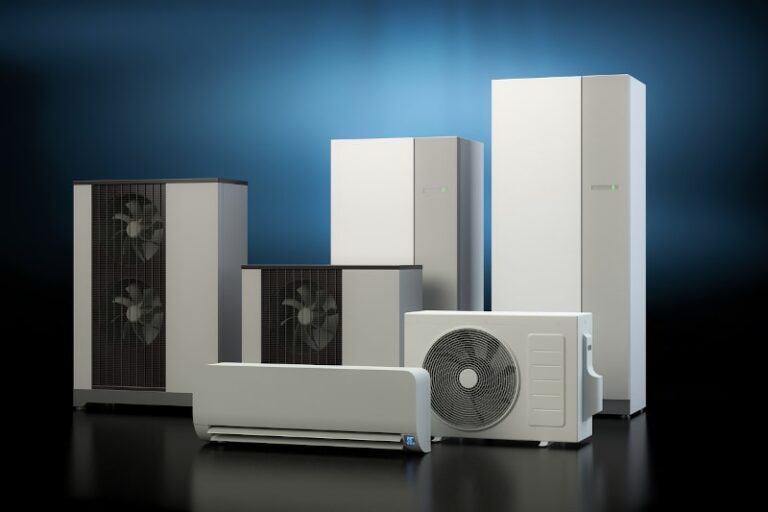Choosing between a heat pump or a furnace for your heating needs in winter in Elberton, GA, doesn’t have to be challenging. The purpose of both types of systems is to keep you and your home warm during the cold weather. There are some basic differences in heat pumps and furnaces that will make one system a better fit for your heating needs.
What Are Heat Pumps?
A heat pump is an electric HVAC system that both heats and cools a home using outside air that relies on a compressor and refrigerant to cool the air in summer and a heat exchanger to warm the air in winter. The way this works is to pump conditioned air through ductwork that resides inside the walls, ceilings and floors.
Individual room heat pumps are ductless units popular for structures that lack wall and floor cavities to conceal ductwork. These units are often referred to as mini-splits.
What Are Furnaces?
A furnace is a forced-air heating system that distributes hot air throughout the ductwork in a house via a motorized blower. The primary sources of power for furnace burners are fossil fuels and electricity. Fuel sources include natural gas, propane and oil.
Energy Efficiency
Heat pumps run quite efficiently to generate heat during the milder winters in Northern Georgia. In summer, a heat pump works a little harder to cool rooms due to rising temperatures.
When it comes to furnaces, energy efficiency varies, depending on the fuel source you use. In general, natural gas is the most cost-effective fuel source. While a furnace is generally less efficient than a heat pump, it is a great option for colder winters because it generates its own heat.
Maintenance
Scheduling seasonal maintenance for your heat pump system will help ensure that it runs efficiently all year. Basic heat pump maintenance by an HVAC professional can include things like:
- Changing filters at regular intervals.
- Cleaning dirty coils.
- Cleaning around the outdoor unit.
- Thoroughly inspecting all components.
- Calibrating the thermostat.
Regular furnace maintenance can help keep the system running well each winter. Unlike a heat pump, there isn’t an outdoor compressor with a furnace that;s only used to heat your home. Right before winter, it’s wise to schedule a furnace inspection and tuneup to ensure things run smoothly and cleanly all season. This type of maintenance service usually includes:
- Cleaning the furnace and replacing dirty filters.
- Checking and lubricating heat exchangers, burners and blowers.
- Inspecting electrical connections.
- Performing a safety test.
- Calibrating the thermostat.
Lifespan and Longevity
With routine scheduled maintenance, a heat pump system has a lifespan of approximately 15 years. A heat pump system includes a variety of components, such as pumps, compressors, refrigerants and plumbing lines that may need replacement along the way to improve longevity.
Because a furnace system has fewer components, the unit can last up to 20 years before needing replacement. Though, maintenance is equally as important to extend the life span of a furnace as it is with a heat pump. If you keep your furnace maintained well, it should remain viable until the warranty expires and possibly even longer.
Choosing between a heat pump and a furnace for winter in Elberton, GA, depends on a variety of factors. This includes space restrictions inside your home and the types of fuel available in your area. It also depends on whether you want to simply heat your home or if you need to also provide air conditioning that a heat pump system offers.
When you’re ready to discuss your winter heating needs, call McGee Heating & Air Inc. We’ll explain the differences between heat pumps and furnaces and help you to narrow your options. Our HVAC professionals will also provide a quote for installation and discuss our available ongoing maintenance services.
Image provided by iStock

